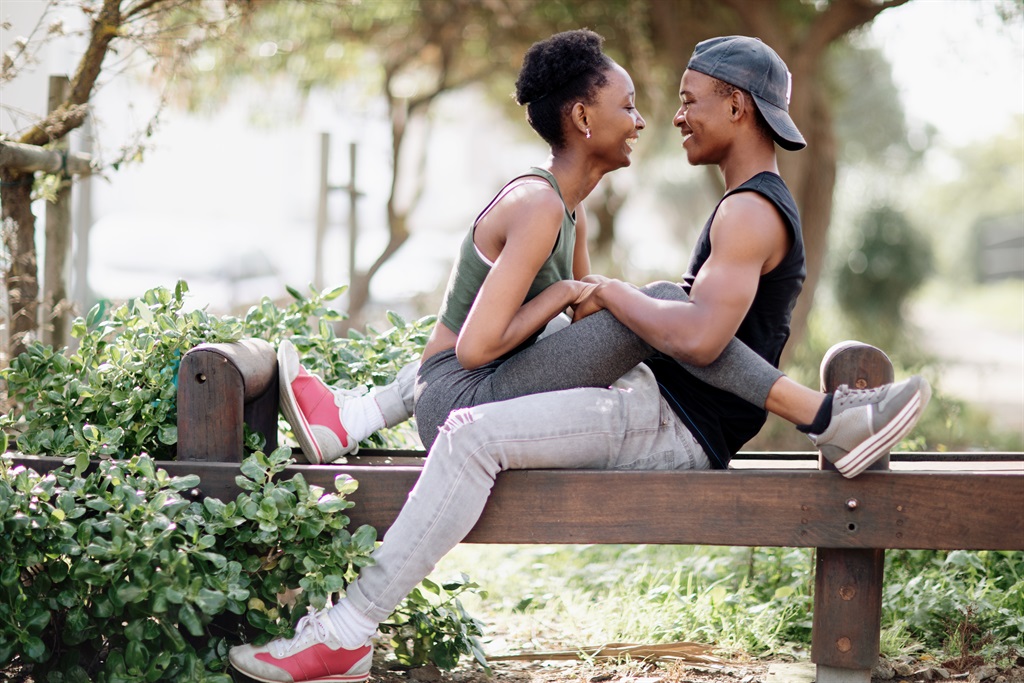
When we use our voices – in spoken or in written form – let us be reminded of our fellow South Africans who do not have the same right due to disability, writes Juan Bornman.
Communication is both a human need and a human right.
The ability to express ourselves, either through speech or through written word, is something we take for granted. Although reliable South African data is not available, international prevalence studies report that between 1.3% and 2% of a population typically cannot reliably meet their daily communication needs using natural speech.
Considering South Africa's population of approximately 59 million people, that would translate to between 767 000 and 1.18 million individuals.
We communicate for a vast number of reasons – such as voicing our opinions and thoughts. The inability to use traditional forms of communication, such as speech, then gives rise to this misperception that if persons cannot speak, they might have nothing to say. Naturally the opposite is also true: Just because you are able to speak does not mean you have something to say!
Communication is also used to transfer or request information and make basic wants and needs known.
Life Esidimeni
In the tragic Life Esidimeni case, that took the lives of 143 patients, many of these individuals could not communicate using traditional forms of interaction. Would the outcome have been different if they would have had the opportunity to speak up and speak out? Could this tragedy have been avoided if there had been people trained to listen?
Communication is also used to express emotions. It helps us to socially connect with others and convey sympathy and support, thereby creating a sense of belonging. It is therefore hardly surprising that persons with significant communication challenges are incorrectly seen as either not having feelings at all, or as having "different" feelings.
READ | How Covid-19 is teaching us to be better communicators
This creates an "us" and "them" scenario, perpetuating notions of exclusivity rather than inclusivity, as if one group has the right to communication and the other group not! Communication also affords us the opportunity to protect ourselves. Not being able to speak increases one's vulnerability – after all a silent victim is the perfect victim. Perpetrators recognise and exploit this vulnerability.
Research estimates that persons with disability are six to ten times more at risk of abuse than their peers without disability – yet these cases very seldom make it through the criminal justice system.
Police officers are not trained in understanding challenges related to disability, as exemplified in the Nateniël Julies case last year where he was shot by police officers because of a communication breakdown. Nateniël had Down syndrome. Police officers are also not trained to take effective and credible statements from victims with communication disabilities, and courts are not skilled hearing testimonies from individuals who use alternative forms of communication.
Yet, training has the potential to change this – leading to the successful conviction of perpetrators, as was seen in the "Abby" case in 2020. Abby, who was unable to speak, was raped from the age of six by a relative's boyfriend. However, when provided a communication device and training for the legal team by the Centre for Augmentative and Alternative Communication at the University of Pretoria, justice was served. Communication is power.
READ | Songezo Zibi: Our murderous police are a deliberate political outcome
As we celebrate Human Rights Day on Sunday, let us think about those individuals who cannot use their voices to communicate.
Let us consider the "Communication Bill of Rights" which has been translated into all 11 official South African languages and that is available for free download from www.caac.up.ac.za.
The right to be heard
Everyone has the right to ask for what we want, to be heard and to be responded to (even if the answer is sometimes no). Everyone has the right to say "NO!" and to be treated with dignity and respect.
Everyone has the right to be taught how to communicate and to use alternative forms of communication such as gestures, sign language, communication boards and electronic devices with speech output.
Everyone has the right to be spoken with and not about.
Everyone has the right to be full and equal community members: valued South African citizens. So, when next we use our voices – in spoken or in written form – let us be reminded of our fellow South Africans who do not have the same right due to disability.
As Archbishop Emeritus Desmond Tutu so aptly said: "I am not interested in picking up crumbs of compassion thrown from the table of someone who considers himself my master. I want the full menu of rights."
- Professor Juan Bornman is from the Centre for Augmentative and Alternative Communication at the University of Pretoria and president of the International Society for Augmentative and Alternative Communication (ISAAC).
*Want to respond to the columnist? Send your letter or article to opinions@news24.com with your name and town or province. You are welcome to also send a profile picture. We encourage a diversity of voices and views in our readers' submissions and reserve the right not to publish any and all submissions received.
Disclaimer: News24 encourages freedom of speech and the expression of diverse views. The views of columnists published on News24 are therefore their own and do not necessarily represent the views of News24.




 Publications
Publications
 Partners
Partners























